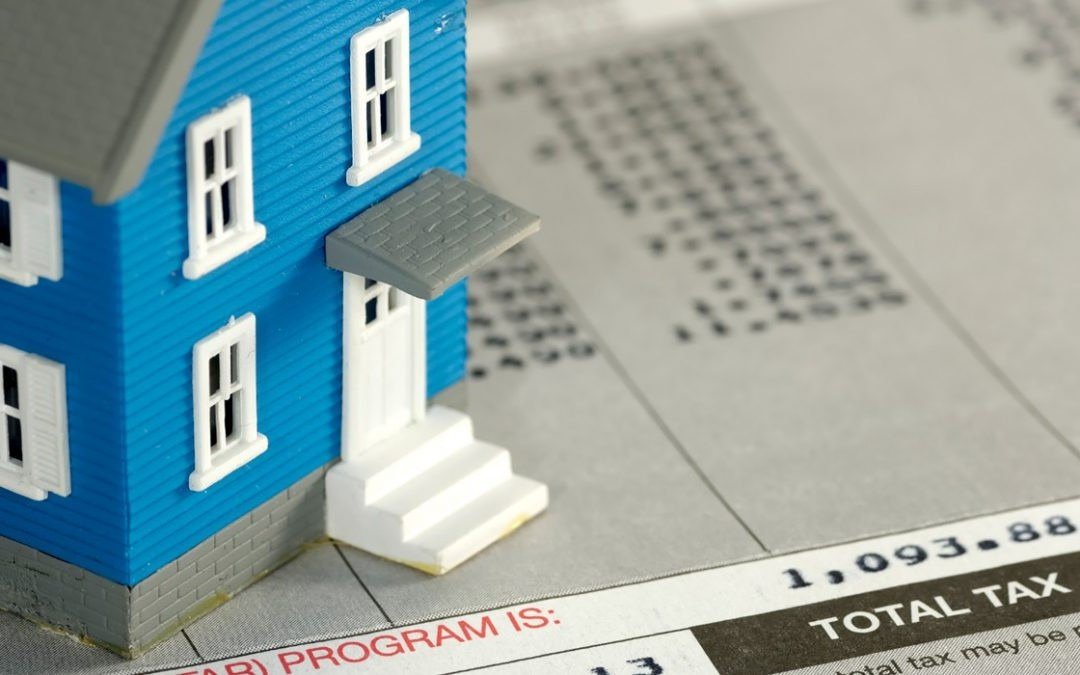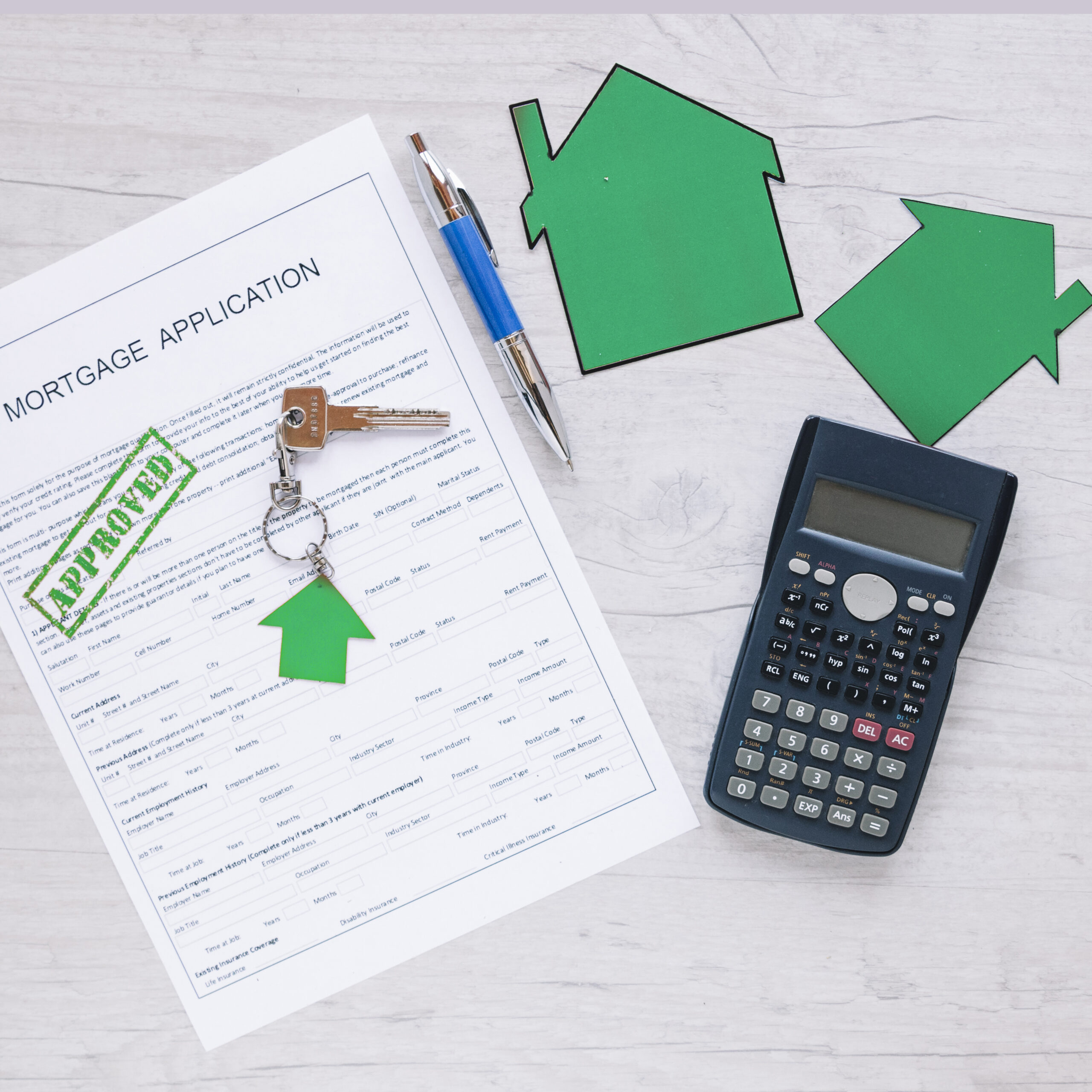OUR STORY
Quality, not quantity
We have made quality our habit. It’s not something that we just strive for – we live by this principle every day.

Avoid Costly Mistakes: Essential Guide to Taxes on Real Estate Transactions in Nigeria
Introduction
In Nigeria, real estate remains one of the most lucrative and sought-after investment portfolios. From Lagos to Abuja, Owerri to Port Harcourt, Nigerians are constantly buying, selling, leasing, gifting, or transferring property. However, many are either oblivious to or ill-informed about the complex web of taxes on real estate transactions in Nigeria. The result? Costly penalties, stalled deals, or even loss of title.
This article explores, in plain and practical terms, the taxes applicable to real estate property transactions in Nigeria, the legal framework, the implications for buyers and sellers, as well as important legal insights every investor, lawyer, or agent should be aware of.
Understanding Real Estate Transactions in Nigeria
Real estate transactions involve legal processes through which interest in land or buildings changes hands. These include:
Sale or purchase of land or property
Leasing or renting
Gifting
Mortgage agreements
Property inheritance or succession
Land swap arrangements
In Nigeria, every such transaction is subject to tax obligations imposed by either the Federal Inland Revenue Service (FIRS) or State Inland Revenue Services (SIRS), depending on the nature and location of the property.
Understanding these obligations is not just a matter of compliance—it’s the foundation of protecting your property rights and avoiding government sanctions.
Legal Framework Governing Taxes on Real Estate Transactions in Nigeria
Several key laws and policies shape the administration of taxes on real estate transactions in Nigeria:
Personal Income Tax Act (PITA)
Capital Gains Tax Act
Stamp Duties Act
Value Added Tax (VAT) Act
Companies Income Tax Act (CITA)
Land Use Act
Finance Acts (2019–2023) – major tax reforms were introduced via these Acts.
State-specific laws – e.g., Lagos State Land Use Charge Law
Each of these frameworks addresses a different component of taxes on real estate transactions in Nigeria, and they all work together to ensure legal and financial accountability.
Breakdown of Major Taxes on Real Estate Transactions in Nigeria
Let’s walk through the main taxes you should expect when engaging in any real estate property transaction.
1. Capital Gains Tax (CGT)
Rate: 10% of the net gain
What it applies to: Profit made on the sale or disposal of property.
Under the Capital Gains Tax Act, individuals and entities who sell property at a profit are expected to remit 10% of the net gains (i.e., selling price minus cost and transaction expenses) to the tax authority.
Example: If a house is bought for ₦20 million and sold for ₦35 million after 5 years, the gain is ₦15 million. CGT payable = ₦1.5 million.
Exemptions:
Sale of a private residence (under certain conditions)
Compulsory acquisition by government
Transfer between spouses or for charitable purposes
Practical Note: CGT is payable by both individuals and corporate bodies, and non-compliance can stall property registration or perfection of title.
2. Stamp Duties
Rate:
Sale of property (conveyance): 1.5% (individuals) or 2% (companies)
Lease agreements: Between 0.78% – 6%, depending on tenure
Gifts/Donations: Also attract stamp duty
The Stamp Duties Act, as amended, requires that documents transferring real estate interests be stamped and registered. This legitimizes the document and makes it admissible in court.
Responsibility to pay: Usually the buyer in a sale, tenant in a lease, or transferee in a gift.
FIRS vs State IRS:
FIRS collects stamp duties for corporate entities and inter-state transactions.
SIRS collects duties for transactions involving individuals and properties within their state.
This duality has caused legal tussles in the past—highlighted in Kasmal International Services Ltd v. FIRS (2017)—but current practice splits jurisdiction accordingly.
3. Value Added Tax (VAT)
Rate: 7.5%
Applicable to: Rent from commercial properties and sale of developed property
Although VAT does not apply to bare land, it is applicable where real estate includes buildings—especially for commercial purposes.
The confusion around VAT applicability was clarified in Eko Hotels Ltd v. FIRS (2019) where the court held that service elements such as hotel room rental and commercial lease are vatable.
If you’re selling a house as a business (developer), VAT is chargeable. But if you’re a private individual selling your family house, it may not apply.
4. Withholding Tax (WHT)
Rate: Between 5%–10%
Who pays? Usually deducted at source by the payer
Applicability:
Payment of rent to a landlord
Professional fees in real estate (e.g., legal, survey, valuation)
Implication: When a company pays rent, it must deduct WHT before transferring the rent to the landlord and remit it to FIRS or State IRS.
This tax is often misunderstood and frequently overlooked in lease transactions involving corporate tenants.
5. Land Use Charge (LUC)
Applies to: Properties in some states (notably Lagos)
Rate: Varies—usually 0.394% to 0.75% of property value
This property tax combines ground rent, tenement rate, and neighborhood improvement levy. The Lagos State Land Use Charge Law (2018) is one of the most aggressive implementations of this tax.
Who pays? The owner or occupier of the property
The charge is renewable yearly, and non-payment can lead to court action or property seizure.
6. Tenement Rate
Imposed by: Local governments
Applies to: Occupied residential or commercial buildings
While LUC subsumed tenement rates in some states, in others, LGAs still demand payment separately. This tax helps fund local infrastructure but often comes with poor documentation and enforcement.
7. Consent Fees and Registration Fees
Though not strictly taxes, these are compulsory statutory payments for perfecting title after purchase:
Governor’s Consent Fee – under the Land Use Act
Survey Plan Charges
Registration Charges at the Land Registry
These fees vary widely across states and are often influenced by the location and size of the property.
Case Law Review: Judicial Pronouncements on Tax Compliance in Property Deals
Shell Petroleum v. FIRS (2020)
The court upheld FIRS’ power to impose WHT on lease agreements where the lessee is a corporate entity. Shell’s argument that rent isn’t a qualifying income failed.
Kasmal Int’l v. FIRS (2017)
A key decision where the court ruled that stamp duties on individual property sales fall under state jurisdiction, clarifying inter-agency confusion between FIRS and SIRS.
Eko Hotels Ltd v. FIRS (2019)
The Federal High Court affirmed that commercial leases and service-rich real estate transactions attract VAT. This affects short-let apartment operators and hotel property managers.
Why You Should Pay Close Attention to Taxes on Real Estate Transactions in Nigeria
The risks of non-compliance with real estate taxes include:
Delays in property registration or C of O issuance
Inability to use property as collateral
Tax penalties and interest
Court litigation
Seizure of assets by tax authorities
How to Ensure Tax Compliance in Property Deals
Engage a Property Lawyer: They understand the tax matrix across federal and state levels.
Request for Tax Clearance Certificates: This helps verify that the seller or landlord is compliant.
Insist on Proper Documentation: Always ensure deeds and agreements are stamped and registered.
Pay Through Official Channels: Use FIRS or SIRS platforms, and keep your receipts.
Consult Tax Professionals: Especially for corporate real estate transactions.
Frequently Asked Questions (FAQs)
Q1: Can I avoid paying Capital Gains Tax if I reinvest the money?
A: Currently, Nigeria doesn’t allow CGT rollover relief on real estate like some other countries.
Q2: Is VAT applicable when I sell a personal house?
A: No, VAT generally applies to commercial real estate transactions, not private residential sales.
Q3: What if I refuse to pay stamp duty?
A: Your document becomes inadmissible in court, and land registry will refuse to register it.
Conclusion: Don’t Let Tax Issues Derail Your Real Estate Investments
When it comes to taxes on real estate transactions in Nigeria, ignorance is not bliss—it’s dangerous. Whether you’re buying, selling, leasing, gifting, or even swapping land, tax obligations are inevitable. The shocking truth is that many investors lose time, money, and peace of mind simply because they ignored this crucial step.
Ensure you’re guided by professionals who understand both the legal and fiscal landscape. That’s where we come in.
For expert legal assistance and due diligence in property transactions, contact CHAMAN Law Firm. We ensure your real estate deals are not just lucrative—but also legally watertight.


